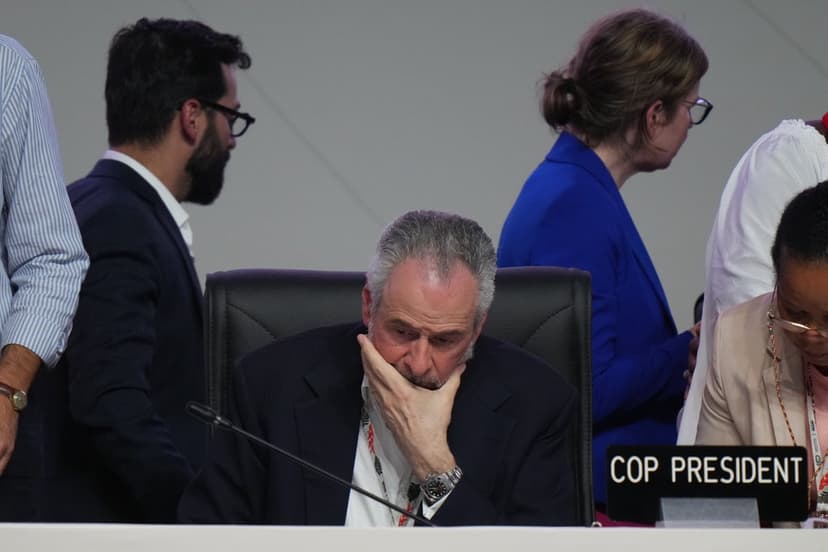Home / Environment / Brazil's COP30: High Hopes Dashed, Fossil Fuels Sidestepped
Brazil's COP30: High Hopes Dashed, Fossil Fuels Sidestepped
23 Nov, 2025
Summary
- COP30 in Brazil failed to mention fossil fuels or a reduction timeline.
- The final resolution was watered down, disappointing many delegates.
- Conference held in Belem, on the edge of the Amazon rainforest.

COP30, the U.N. climate conference held in Belem, Brazil, concluded with a disappointing resolution that failed to address fossil fuels directly. Despite the unique setting of the Amazon rainforest and the strong advocacy of Brazilian President Lula da Silva, the final agreement lacked a clear roadmap for reducing oil, gas, and coal use. This outcome has led to criticism from environmentalists and delegates who viewed the decision as a significant step backward in climate action.
The conference had initially generated high hopes, especially with President Lula da Silva's push for a summit in the Amazon to highlight its critical role in climate regulation. However, the final text, announced after intense negotiations, sidestepped crucial discussions on fossil fuels, a move that many participants deemed a failure to adhere to scientific guidance and a capitulation to polluting industries.
This outcome may further erode confidence in the multilateral process for tackling climate change, especially with rising global emissions. Delegates are now looking ahead to COP31 in Turkey, hoping for more decisive action to confront the escalating climate crisis and its impacts.



